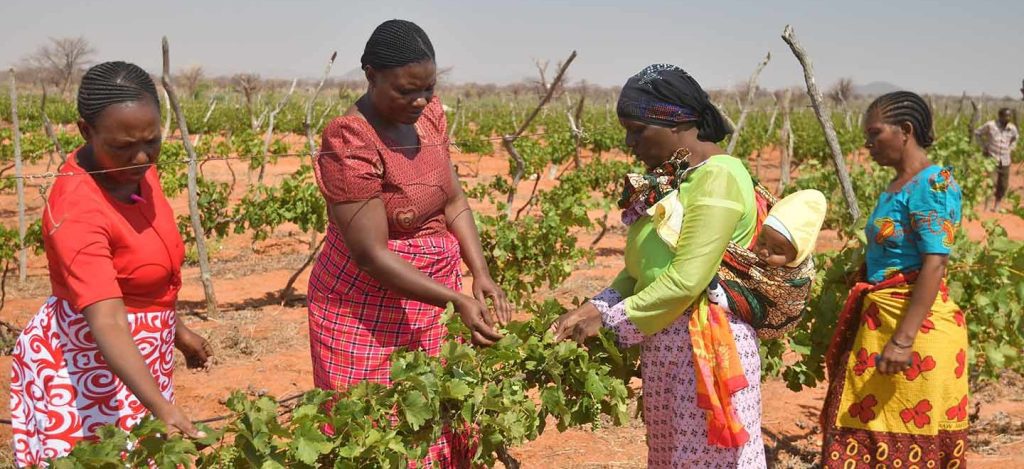In recent years, Nigerian women have emerged as integral contributors to the agriculture sector, challenging traditional gender norms. While men have historically dominated agriculture in Nigeria, women now constitute about 37% of the labour force in food and agriculture, showcasing a significant rise in their participation, according to the United States Agency for International Development (USAID, 2022).
Despite this progress, challenges persist, particularly in access to resources. Women in agriculture still face significant disparities in access to mechanised equipment when compared to men by impacting their productivity and efficiency. Technological adoption is a crucial aspect of modernising agriculture going by the report by the Food and Agriculture Organisation (FAO, 2023), which highlights that both men and women are equally likely to embrace new technologies when enabling factors are in place. This underscores the importance of ensuring equal access to productive resources for both genders. Furthermore, entrepreneurial initiatives and innovative agricultural practices are gaining traction among Nigerian women.
Practices such as hydroponics are being adopted to revolutionise food growth and distribution, showcasing the entrepreneurial spirit and commitment to advancing agricultural techniques (Novenario, 2023). Women affinity groups have also played a pivotal role in improving standards of living and fostering business growth within the agriculture sector. Empowering women in agriculture not only positively impacts production, food security, and nutrition, but also contributes to economic development. According to a report of World Bank (2022), women are pooling resources to invest in farmland, grow their businesses, and improve their overall economic situation, hence why our women farmers should be empowered.



